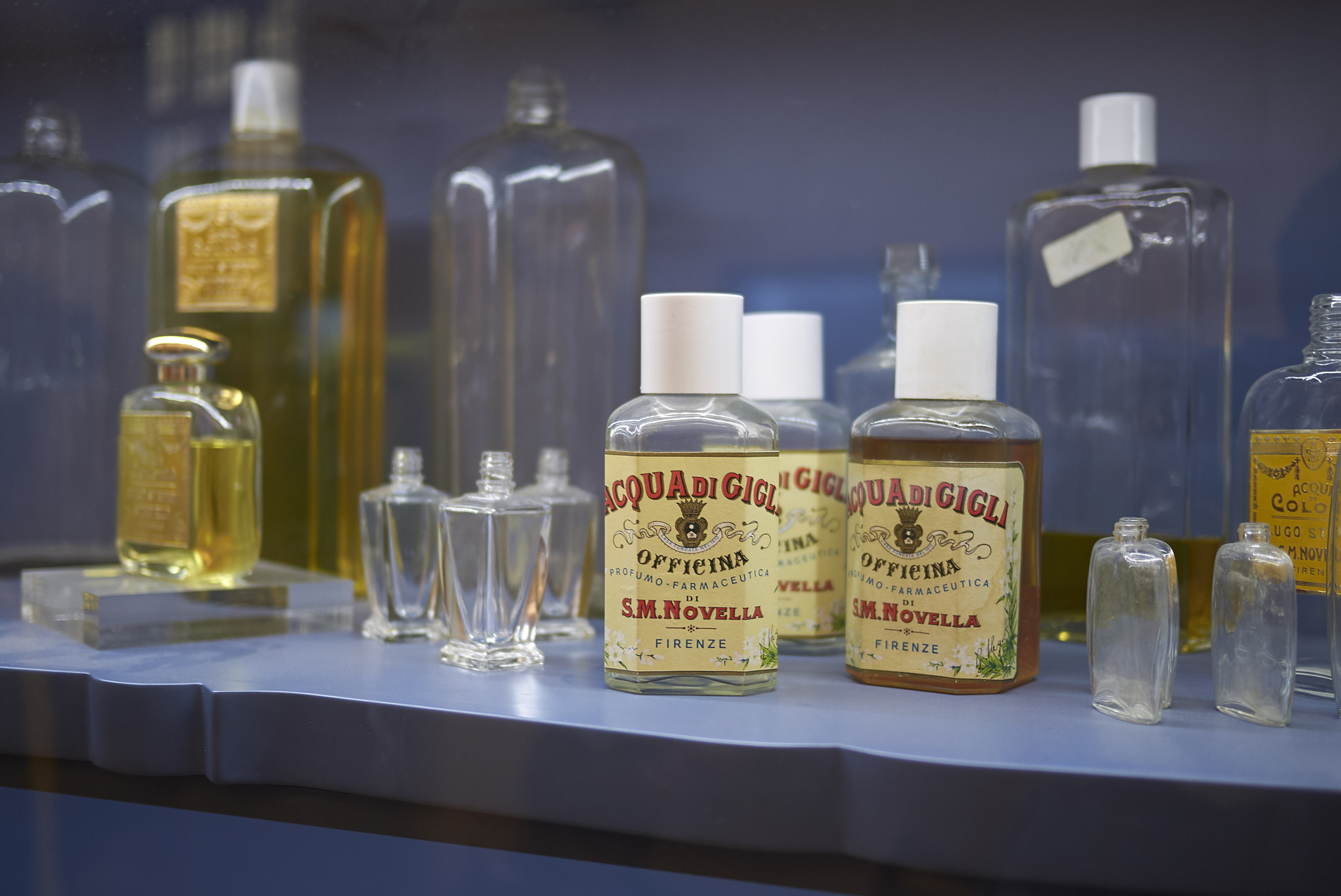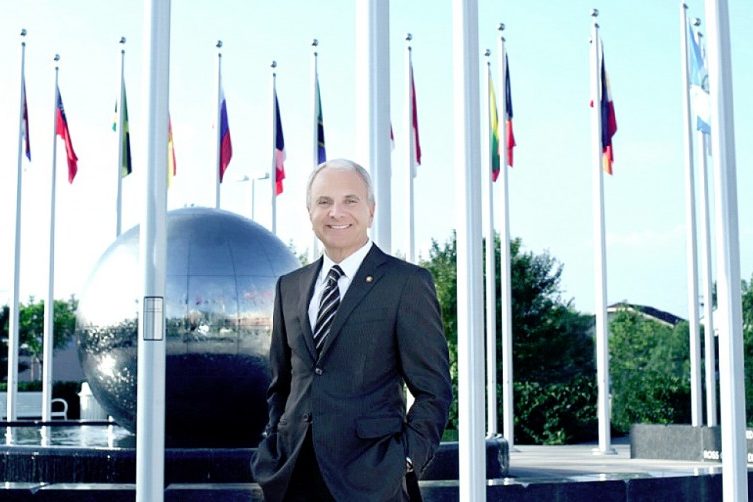The Italian society has usually been identified as matriarchal and, as a matter of fact, there are many powerful Italian women who call the shots not only in their own families but also in successful businesses.
Yet in most cases they act from behind the scenes, while men are in the spotlight. Despite the first feminist ideas spread in Italy in the Renaissance period, eventually leading to the women’s suffrage in 1945, a recent study on the current political, economic, and social situation has revealed a remarkable gap between men and women.
Even newly appointed President of the Republic Sergio Mattarella commented that, on the eve of the International Women’s Day, they were particularly hit by the crisis. So the annual festivity falling on March 8 becomes, now more than ever, an occasion to recognize and celebrate women’s outstanding contribution to the human and cultural progress.
Among some of the most influential and popular Italian women of all times are brilliant scientists, politicians, actresses, and entrepreneurs. This year, uncontested leader of any survey on the best representative of the Italian “girl power” is Italy’s first female astronaut Samantha Cristoforetti, currently on a mission at the International Space Station. In her late 30s, she is a member of the Italian and European Space Agencies, and a captain of the Italian Air Force.
From the outer space to particle physics, since last January one the world’s biggest experiments on particle collision has been led by Italian Fabiola Gianotti, the first female Director-General of CERN. A PhD from the University of Milan, she is also a member of the Italian Science Academy and of the Advisory Committee at Fermilab, Illinois.
Traveling back in time, in 1986 the discovery of the nerve growth factor, made by an extraordinary Italian woman and neurobiologist, was awarded the Nobel Prize for Physiology or Medicine. Rita Levi-Montalcini lost her assistant position at the University of Turin during WWII, due to the enforcement of racial laws, and moved to the Washington University in St. Louis, where she worked for 30 years. She also served as a Senator for Life in Italy, and was the only Nobel laureate ever to celebrate a 100th birthday.
Yet the first Italian woman to receive the prestigious honor, this time for Literature, was writer Grazia Deledda in 1926. Born in Sardinia to a middle-class family, she started writing at a very young age. Her prolific work in prose and poetry was based on the daily struggles of local peasants, inspiring her critique of social customs.
Cultural conventions were also defied by Italian physician Maria Montessori, who suffered gender discrimination but eventually succeeded in graduating from the University of Rome in 1896. Her research focused on psychiatry and pediatrics, developing an innovative educational method still employed in schools worldwide.
The versatile talent of Italian women also emerges in arts and creative sectors, as well as in business and politics. Last year, the international film industry celebrated the 80th birthday of Sophia Loren, a timeless icon of elegance and determination who rose from the slums of Pozzuoli, Naples, to the red carpet of the Academy Awards (Best Actress in 1962).
This gallery of fascinating portraits continues with leading figures the likes of Emma Marcegaglia – entrepreneur and first female president of the General Confederation of Italian Industry – or Miuccia Prada – fashion designer and one of the 100 most powerful women in the world.
And many more could be mentioned, praised, and thanked for being such a source of inspiration and pride for Italy and for us all.




























